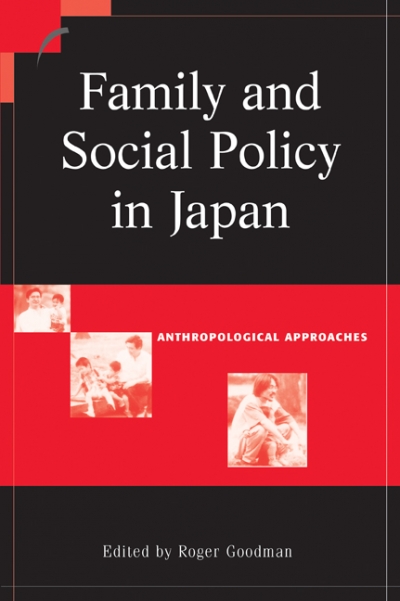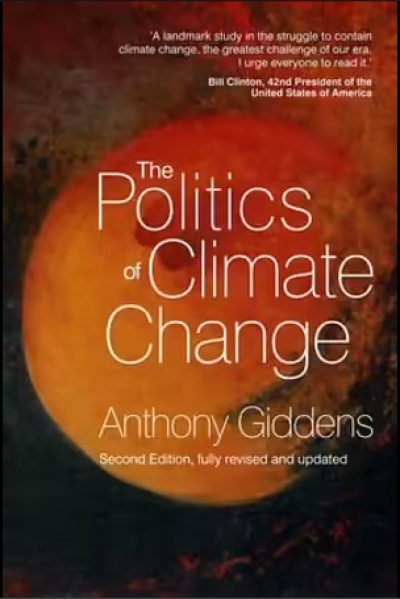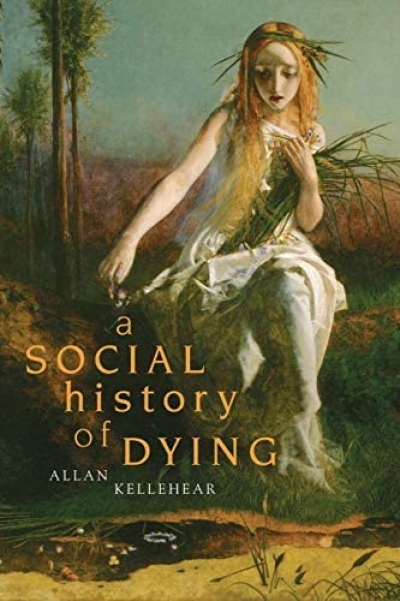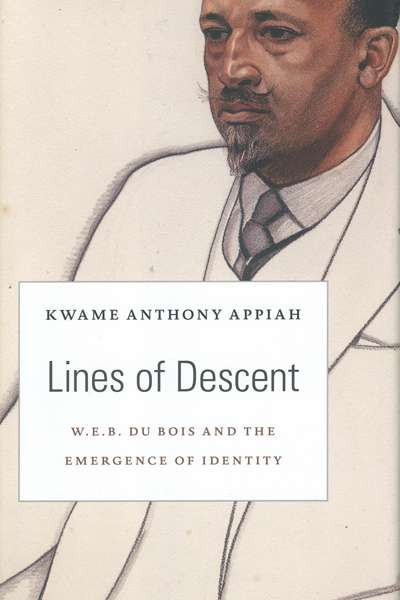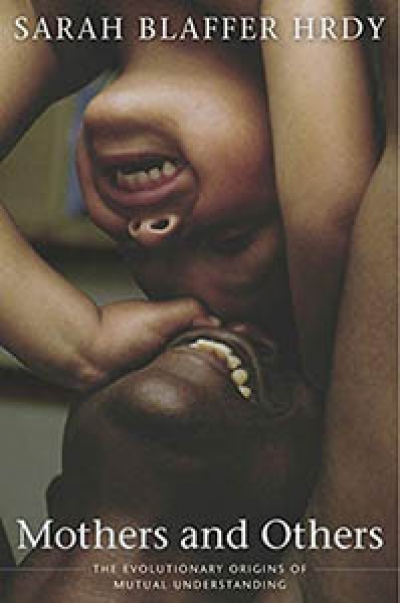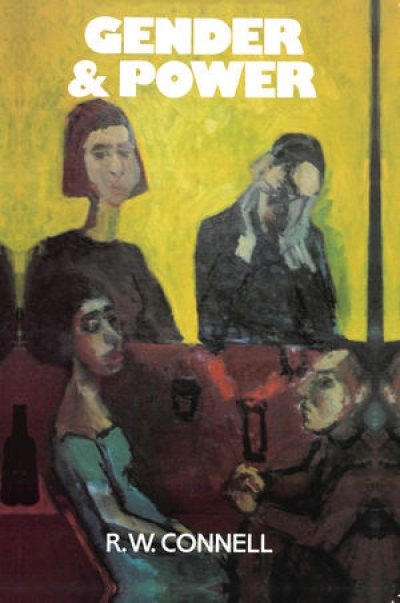Sociology
Family and Social Policy in Japan edited by Roger Goodman & Feminism in Modern Japan by Vera Mackie
by Chilla Bulbeck •
Lines of Descent: W.E.B. Du Bois and the emergence of identity by Kwame Anthony Appiah
by Luke Horton •
Mothers and Others: The evolutionary origins of mutual understanding by Sarah Blaffer Hrdy
by Michael Gilding •
The Gentrification of Inner Melbourne: A political geography of inner city housing by William Stewart Logan
by Patrick Mullins •


